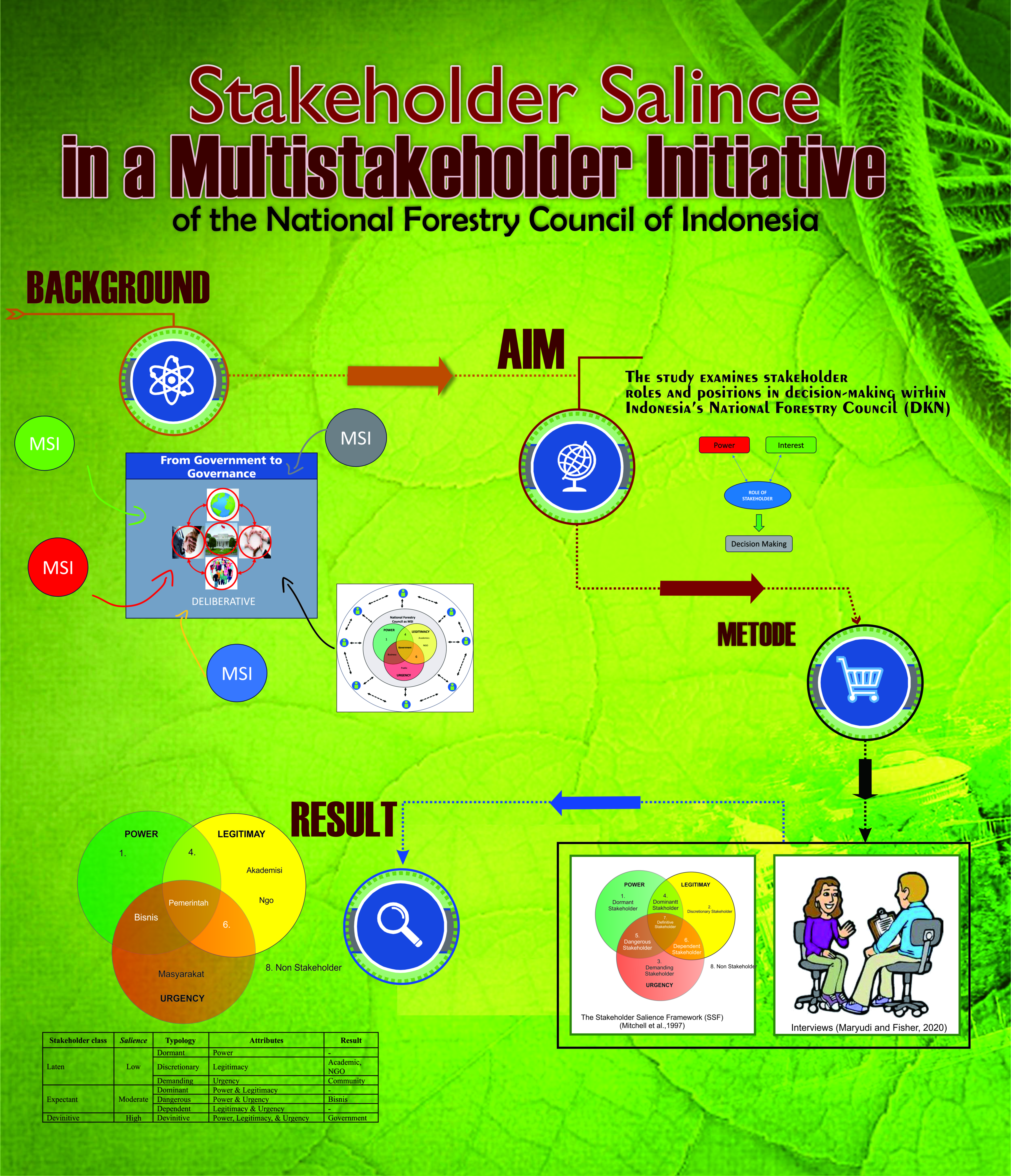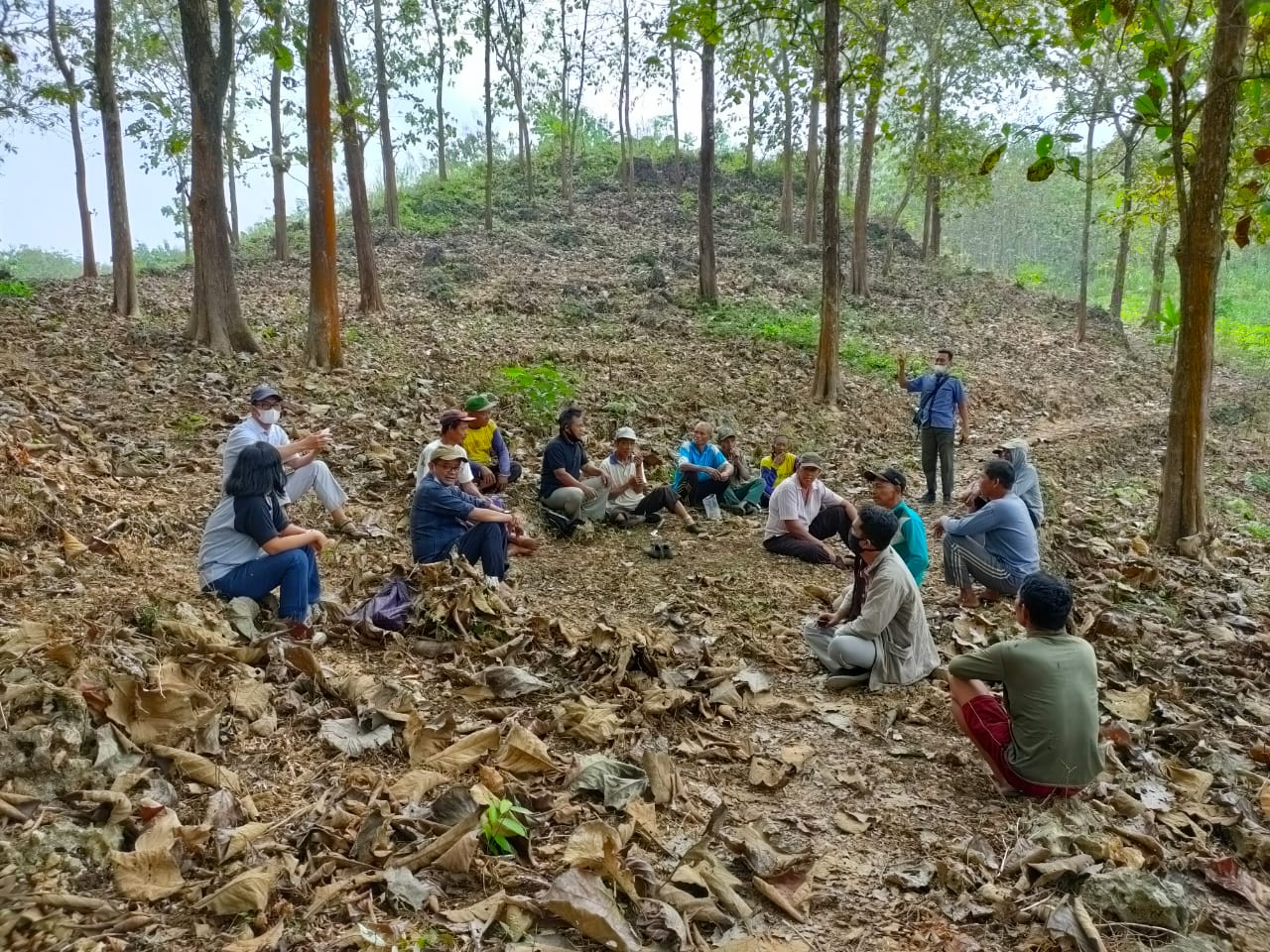Socio-Ecological System within Governance of Marine Protected Area: Case from Cenderawasih Bay National Park, Indonesia
Abstract
Overcoming the problem of resource management which relies only on social dimension without understanding the ecosystem dynamics will not be sufficient to create sustainable management. Therefore, socio-ecological system (SES) is needed to respond changes so that robust management could be created. Research on SES was focused more on capacity of governance in creating management of conservation area, particularly in the period where there were occurrence of resistance between social problem and ecosystem. Principal component analysis explained 76% of the total variability. Very high variable respond category occurred on first principal component (PC) with positive effect which was related directly to ecological condition, and negative effect toward catch yield and utilization of traditional zone. Condition of economy and fish resources contributed positively toward second PC, and can be expressed as factor which affected economic condition of fishermen household. Condition of fishermen, related with catching activity and income of fishermen household gave positive effect toward the third PC, and can be expressed as component which affected catching effort and explained exploitation level by fishermen toward resources. Interaction between factors which formed SES occurred due to economic activity of fishermen household, catching efforts, and ecological capacity. Design of governance could be conducted on increase of fishermen household economy through control of catching efforts and considering the carrying capacity and ecological capacity.
Authors
BawoleR., YuliandaF., BengenD. G., FahrudinA., & MudjirahayuM. (2015). Socio-Ecological System within Governance of Marine Protected Area: Case from Cenderawasih Bay National Park, Indonesia. Jurnal Manajemen Hutan Tropika, 21(1), 19-24. https://doi.org/10.7226/jtfm.21.1.19
Jurnal Manajemen Hutan Tropika is an open access journal which means that all contents is freely available without charge to the user or his/her institution. Users are allowed to read, download, copy, distribute, print, search, or link to the full texts of the articles in this journal without asking prior permission from the publisher or the author. This is in accordance with the Budapest Open Access Initiative (BOAI) definition of open access.







